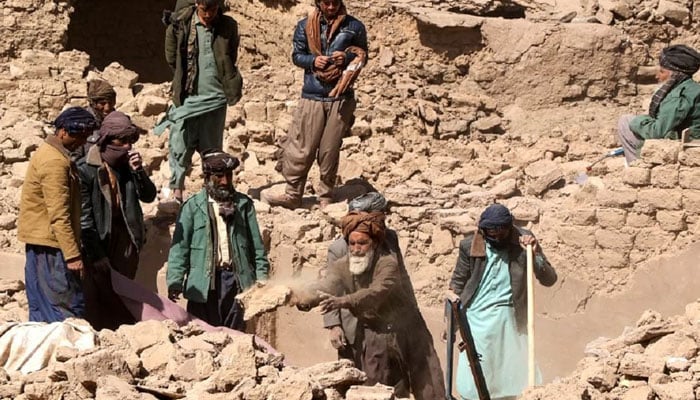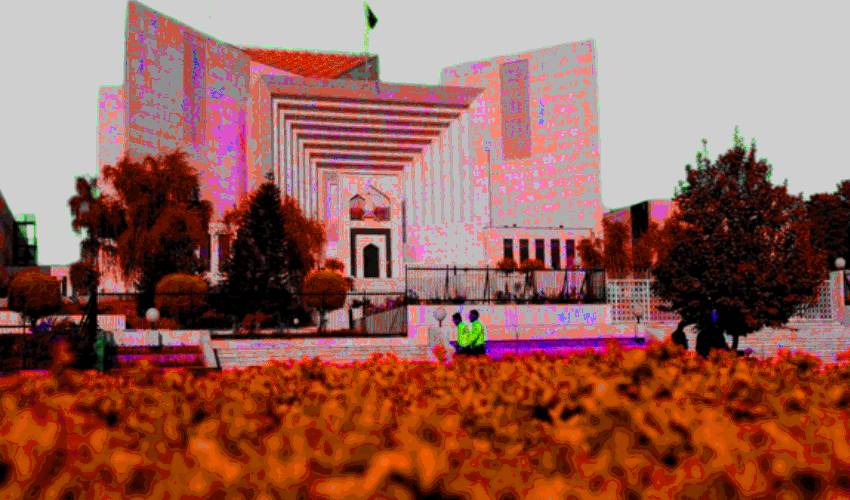
A powerful 6.3 magnitude earthquake struck western Afghanistan on Wednesday, further exacerbating the region’s dire situation following a series of devastating earthquakes that occurred just last weekend. The latest seismic activity occurred at a shallow depth around 05:10 am local time, with its epicenter located approximately 29 kilometers north of Herat province, as reported by the United States Geological Survey, according to AFP.
Rescue teams and volunteers have been tirelessly working on the ground since Saturday to locate survivors from the earlier quakes that shook the province, resulting in the destruction of entire villages and impacting approximately 12,000 people, as estimated by the United Nations (UN). Official figures of the dead and injured from the prior earthquakes have varied, but the disaster management ministry confirmed 2,053 casualties.
Mullah Janan Sayeq, a spokesman for the disaster management ministry, explained, “We can’t give exact numbers for the dead and wounded as it is in flux.”
The recent earthquake near Herat city, home to over half a million people, did not immediately result in new casualties.
The previous earthquakes completely demolished at least 11 villages in Herat province’s Zenda Jan district, according to the United Nations.
Following the weekend tremors, many Herat residents have been living in tents in the open air due to fears of aftershocks, as reported by local media.
Afghanistan’s Taliban authorities, who seized power in August 2021, face the challenge of providing shelter on a large scale, given their strained relations with international aid organizations.
Afghanistan is frequently struck by deadly earthquakes, but the weekend disaster was the most severe to hit the war-torn country in over 25 years. The majority of rural Afghan homes are constructed from mud with limited steel or concrete reinforcement, and multi-generational extended families often reside under the same roof, making them vulnerable to significant earthquake damage.
The ongoing humanitarian crisis in Afghanistan, coupled with the withdrawal of foreign aid, has already placed immense pressure on the nation. Herat province, bordering Iran, is home to around 1.9 million people, and its rural communities have been grappling with a prolonged drought for years. The region’s resilience is being tested once again as it grapples with the aftermath of yet another powerful earthquake.
Thank you for entrusting us as your source of information. Together, we aim to shape a world where knowledge transcends borders and unites us all. Stay focused, stay informed, and let’s make our world a better place, one story at a time.



